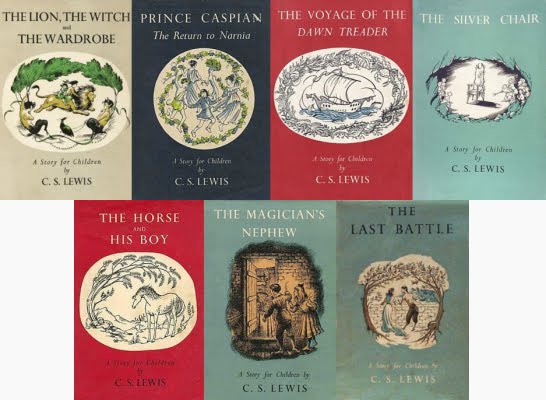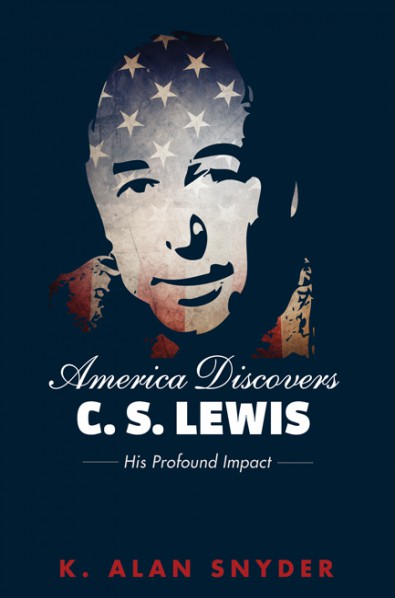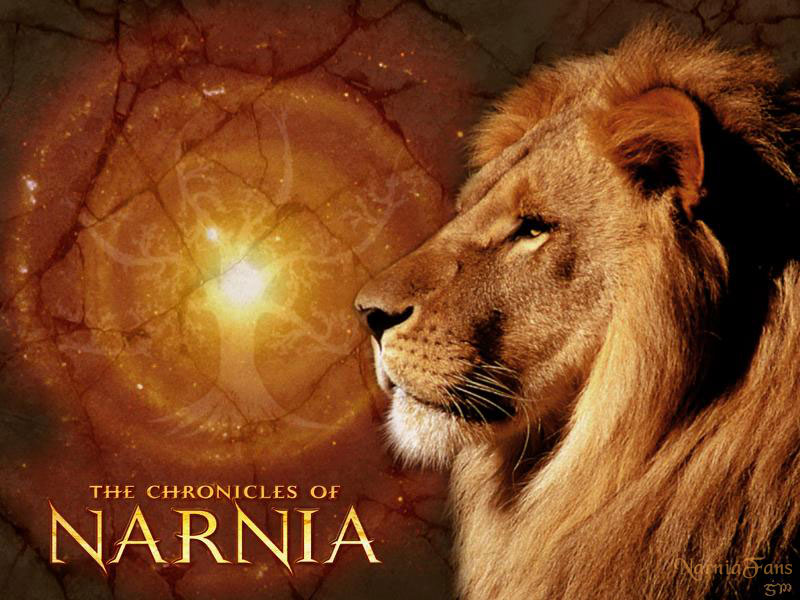Nearly every Wednesday evening since last September, I’ve been teaching a class at my church on The Chronicles of Narnia. Using the traditional order, I’ve completed The Lion, the Witch, and the Wardrobe, Prince Caspian, The Voyage of the Dawn Treader, and The Silver Chair. Last Wednesday, we began The Horse and His Boy.

When I started this spiritual journey (and that seems an appropriate description for it), I wondered if adults truly would see the depth C. S. Lewis put into what ostensibly are considered children’s books. I can say without a doubt that they do see and they do appreciate.

In my book, America Discovers C. S. Lewis, I conducted a survey of Lewis’s impact on Americans (at least those Americans who responded to the survey in 2014), and quite a few comments centered on the continuing influence of Narnia as people became adults. In reviewing some of those comments, I find them quite revealing.
For instance, one respondent who was, at that time, completing a doctoral degree, claimed, “Lewis is frequently on the tip of my tongue—his characters remain alive in my heart as friends and relatives—his lessons often spring to mind.” Specifically referring to Narnia, he (or she) added this: “As a doctoral student in theology, I often find connections to Puddleglum or Eustace at the heart of theological arguments.”
Eustace’s “undragoning” and Puddleglum’s steadfastness in faith despite outward circumstances have been key features of the books as I’ve taught through them, so I understand that perspective.
One woman was willing to share her personal struggles and how staying in touch with Lewis and Narnia made a huge difference in her life.
When I walked away from my Christian faith during my twenties and early thirties, Lewis was one of the few Christian authors I still trusted and could stand to read. I was grieving, angry, and depressed, and when I reread The Chronicles of Narnia, the hope that shone through them was almost painful.
She went on to say that those books, along with The Screwtape Letters, drained her of the anger and restored her faith.
Another respondent went into some length to describe the effects of reading the Narnia books, showing how Lewis incorporated complex ideas into those children’s books, ideas that then stay with people into adulthood.

“Perhaps the most thrilling liberation of being a child in Narnia,” this respondent noted, “is Lewis’s assertion that children can understand complex things. The problem with most children’s TV shows, children’s books, children’s anything is that they work too hard to suit children. Books that oversimplify ideas so children can understand them teach children to think simplistically.”
This respondent then showed how Lewis inserted—shall we say “smuggled”— all sorts of “adult” ideas into Narnia.
All sorts of ideas from Lewis’s non-fiction work and from classical philosophers appear somewhere in Narnia. I discovered Aristotelian logic from Professor Kirke, Plato’s Theory of Forms in Aslan’s country, and the fallacious nonsense of an ad hoc rescue from Narnian dwarves.
I love Narnia not only because I find things to ponder in it, but because it taught me how to ponder.
That last line stands out to me, as does the next one the respondent offered: “C. S. Lewis created a complex world, and it taught me to think complex thoughts.” Pondering complex thoughts is a very adult thing to do, is it not? The respondent concludes,
I am content in Narnia not because I am comfortable, but because I am uncomfortable. It stretches me—my leadership, my character, and my understanding. It acknowledges not that I am a grown-up, but that I am a person, and therefore capable of maturity regardless of my age.
Maturity: a concept that doesn’t necessarily arise along with age. It takes some work. Lewis, through the instrumentality of a series of children’s books, can help lead us all, regardless of age, into spiritual maturity.
